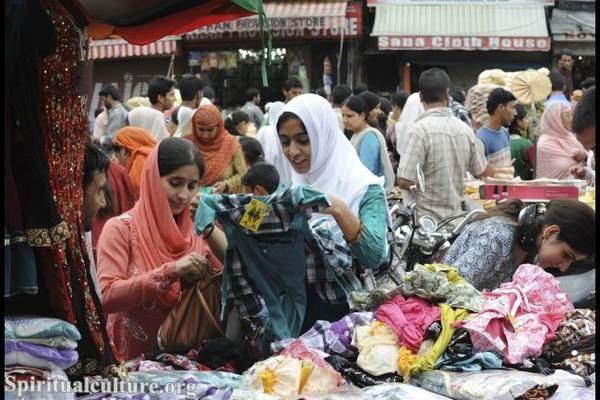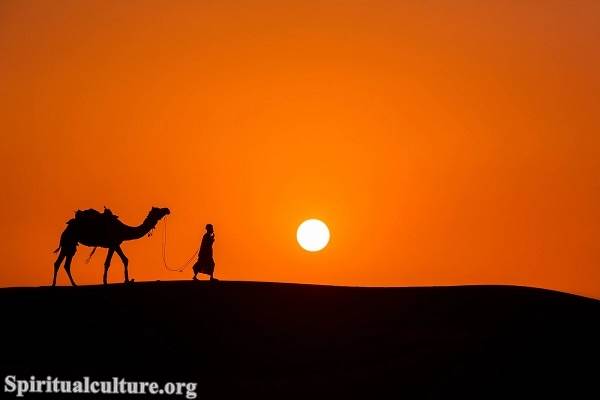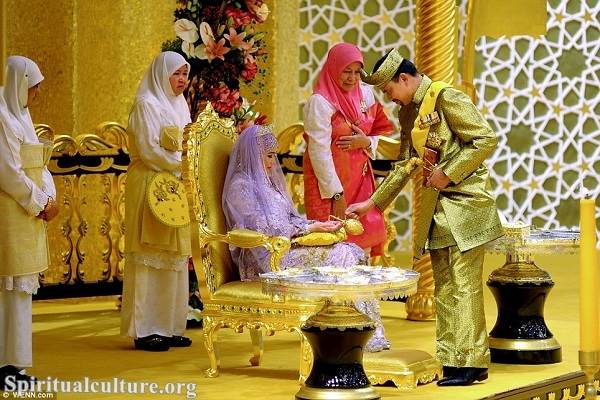Muslim culture is diverse and encompasses many different ethnicities, nationalities, and languages. It encompasses Islam’s followers’ religious beliefs, practices, and culture, the world’s second-largest religion.
Muslim culture is influenced by the teachings of the Quran and the Hadith (sayings and actions of the prophet Muhammad), as well as by the history, geography, and politics of the countries in which Muslims live.
Key elements of Muslim culture include the Five Pillars of Islam, the Ramadan fast, the Hajj pilgrimage, and the Islamic calendar.
Muslim culture is a rich and diverse blend of different customs, traditions, and practices from various regions and communities around the world.

Some key elements of Muslim culture include:
- The Five Pillars of Islam: These are the five basic acts of worship that Muslims are expected to perform. They include the declaration of faith (Shahada), prayer (Salat), giving to charity (Zakat), fasting during the month of Ramadan (Sawm), and making the pilgrimage to Mecca (Hajj) at least once in a lifetime if able.
- Ramadan: This is the ninth month of the Islamic calendar and is a time of fasting, spiritual reflection, and increased devotion and worship. During Ramadan, Muslims abstain from food, drink, and other physical needs during daylight hours.
- Hajj: The Hajj is the annual Islamic pilgrimage to Mecca and is one of the Five Pillars of Islam. It is a mandatory religious duty for Muslims that must be carried out at least once in their lifetime by all adult Muslims who are financially and physically capable.
- Islamic Calendar: The Islamic calendar is a lunar calendar consisting of 12 months in a year of 354 or 355 days. The start of each month is determined by the sighting of the new moon, and the calendar is used to determine the dates of Islamic holidays, such as Eid al-Fitr and Eid al-Adha.
- Family and Community: Muslim culture places a strong emphasis on the importance of family and community. Muslims are expected to show respect and obedience to their parents, and extended families often live close to one another and provide support to one another.
- Food: Islamic dietary laws (halal) prohibit the consumption of pork, and the consumption of alcohol is also generally prohibited. In many Muslim cultures, meals are often shared with family and friends, and hospitality is highly valued.
- Dress and Modesty: Muslim culture places a strong emphasis on modesty and many Muslim men and women dress modestly, covering their heads and limbs in public.
- Islamic Art and Architecture: Islamic art is known for its intricate geometric patterns, calligraphy, and arabesque decoration. Islamic architecture is also known for its intricate geometric designs and use of domes and arches.
This is just a brief overview of Muslim culture and there is much more to learn and explore about the diverse customs and traditions of the global Muslim community.



